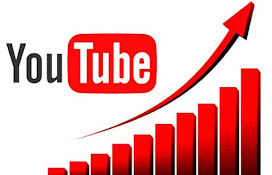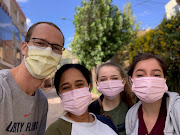Technology can be viewed as many things, such as, good, bad, beneficial, corrupting, and the list can go on. Technology has advanced in many ways and whether people know it or not, this modern world is already fully reliant on technology. Now, do not get me wrong, my relationship with technology is strong, and at times, I believe that my use of technology is a bit excessive, but the generation that I was born in was around the time that technology began to flourish, so in reality, technology is all that I know.
Technology can be very useful and helpful. My family, friends, and I, or really anyone can use technology to their advantage. I use technology on a daily basis. I use it for homework, to browse on social media, to watch television, and truthfully, I could not live without technology. I was raised on technology and it has become my normal and it is apart of my everyday life. There are numerous ways that technology can be helpful. Technology can be used for medical purposes by helping to detect if someone is sick, it can lead to future discoveries, it opens up an endless amount of new and old information, and it provides easier ways to get to certain destinations around the world. There are so many ways that technology can be beneficial, it is just a matter of opinion on if you think technology is helpful or harmful. Technology can also be a place of manipulation and toxicity. Before technology really started to take off with it's advancements in the early 2000s, people used to actually interact with other people face to face instead of face to phone. Technology impacts daily lives and it determines how people interact with each other. Instead of people hanging out or doing things in person, they are Facetiming, Snapchatting, or Messaging and fully relying on technology to make connections. With the advancement of technology, there is also an increase in security, cameras, and monitoring. This means that there are more people out there monitoring us and our every move, scary right? Not only are people watching us, they are also listening and keeping data on what we research on the internet, watch, and click on, so that they can send us products and advertisements in hopes that we will click on it and buy it. With technology being so advanced, it is difficult to think about all the negativity that follow, but with the good comes the bad and technology is no exception. There are so many ways that technology can be corruptive and we think that the technology that we have now is high tech, just wait and see what the future of technology may bring.Technology has become the new normal. It has wiggled it's way into society and society has accepted it and allowed it to prosper. The advancement is not slowing down anytime soon and it will only get bigger and either better or worse, depending on your opinion on technology as a whole. It is a scary thing to think that eventually we will have flying cars, people that look like people, but are actually robots, and even robotic bees. The future is limitless and the advancement of technology is endless, which means buckle up and get ready for a world made entirely out of technology.
.jpg)























.jpg)
